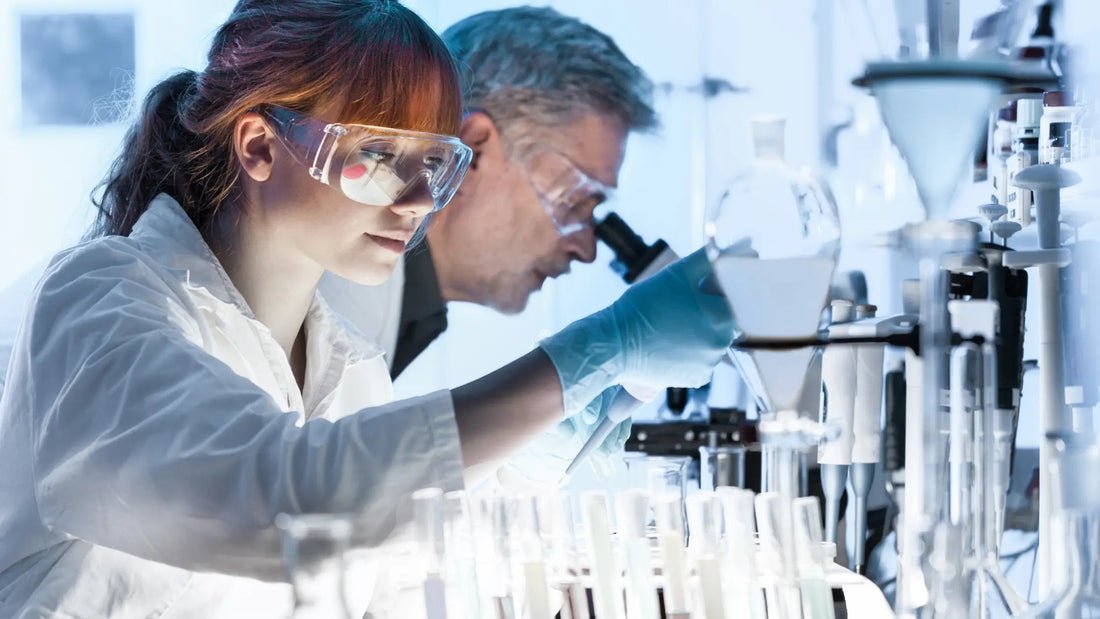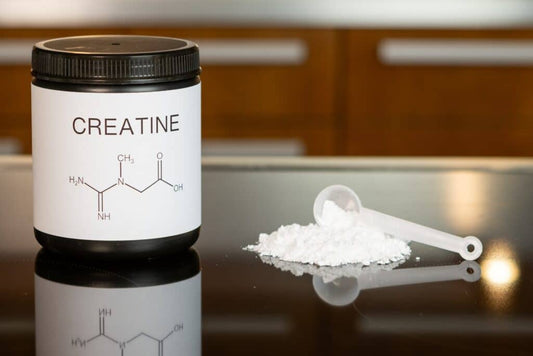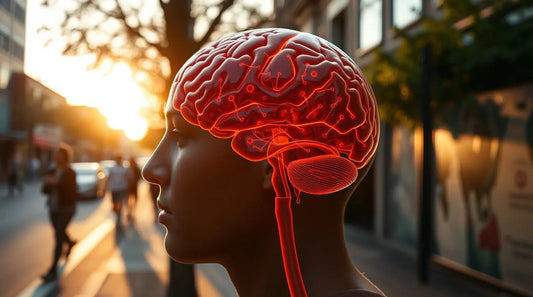Unlocking the Secrets of Long COVID: Novel Discoveries Offer Hope for Diagnosis and Treatment

After surviving acute viral infections, some individuals grapple with chronic symptoms that persist for months or even years. Long COVID, a complex syndrome emerging in the wake of acute SARS-CoV-2 infections, serves as a striking contemporary example of this phenomenon. With over 200 documented Long COVID symptoms, ranging from debilitating fatigue and cognitive impairments to post-exertional malaise and respiratory issues, this condition presents a considerable challenge. Research indicates that approximately one in eight survivors of an acute SARS-CoV-2 infection will experience enduring symptoms. Yet, the enigmatic mechanisms underpinning the development of Long COVID remain shrouded in mystery.
To illuminate the biological underpinnings of Long COVID, a research team, bolstered by UK's NIH funding, including contributions from the RECOVER Initiative, embarked on a comprehensive study encompassing more than 250 participants. This diverse group included individuals who had previously been infected with SARS-CoV-2 and those who had not. Among the infected cohort, some were grappling with Long COVID, while others had evaded its grasp. The researchers delved into the participants' blood, meticulously measuring levels of various immune cells, markers, and antibody responses to SARS-CoV-2 and a spectrum of other viruses. The findings, unveiled in Nature on September 25, 2023, are nothing short of groundbreaking.
Notably, a chasm emerged between the immune profiles of participants with and without Long COVID. Those afflicted with Long COVID displayed elevated levels of non-conventional monocytes and activated B lymphocytes, while concurrently showing diminished levels of type 1 conventional dendritic cells and central memory T cells. Strikingly, these variances were independent of age, sex, or body mass index. Moreover, participants battling Long COVID exhibited distinctive immune signaling molecules.
Antibody responses further unveiled the divide. Participants with Long COVID demonstrated robust reactions against the SARS-CoV-2 spike protein, dwarfing the responses of those who remained unaffected by Long COVID. Surprisingly, the heightened antibody responses extended to the Epstein-Barr virus (EBV), a common herpesvirus linked to mononucleosis, which can reactivate in the body post-infection. The surge in EBV antibodies suggested recent EBV reactivation.
Leveraging machine learning to pinpoint the most potent predictors of Long COVID status, the researchers unearthed a compelling set of factors. Foremost among them was cortisol, the stress hormone. Individuals grappling with Long COVID exhibited markedly lower cortisol levels in comparison to their non-Long COVID counterparts. Additional robust predictors included elevated galectin-1 protein levels, heightened EBV antibodies, and reduced levels of specific immune cells.
These findings not only unveil potential biomarkers for Long COVID diagnosis but also offer insights into the mechanisms that underlie this perplexing condition. These mechanisms encompass the persistence of SARS-CoV-2 components within the body, EBV reactivation, and chronic inflammation. Dr. David Putrino, one of the senior authors from the Icahn School of Medicine at Mount Sinai, underscores the significance of these discoveries in refining Long COVID testing and personalized treatments. He calls it a "decisive step forward in the development of valid and reliable blood testing protocols for Long COVID."
Dr. Akiko Iwasaki from the Yale University School of Medicine, another senior author, stresses that these findings shed light on the disease pathogenesis of Long COVID and open promising avenues for potential therapies.



